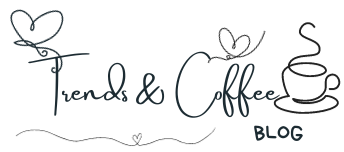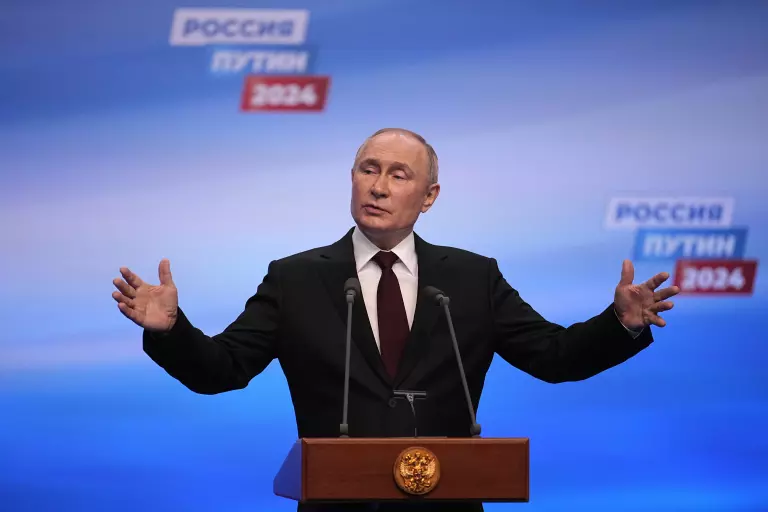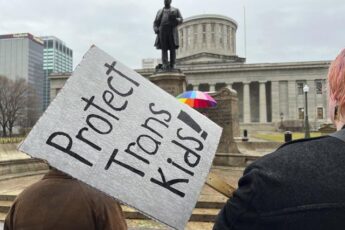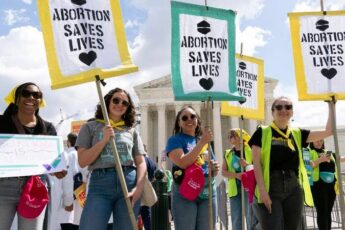President Vladimir Putin’s recent victory in Russia’s election, extending his rule for another six years, has been met with skepticism and criticism both domestically and internationally. The election, characterized by its orchestrated nature and lack of genuine competition, occurred against the backdrop of the most severe crackdown on opposition voices and free expression since the Soviet era.
The outcome of the election, in which Putin secured a landslide victory, was widely perceived as preordained. With a tightly controlled political landscape and restrictions on opposition candidates, Putin’s victory was essentially a foregone conclusion. Critics argue that genuine political competition and democratic processes were absent, undermining the legitimacy of the electoral outcome.
The lead-up to the election was marked by a series of measures aimed at stifling dissent and consolidating power. Opposition figures faced harassment, intimidation, and imprisonment, while independent media outlets encountered censorship and suppression. This crackdown on dissenting voices created an environment of fear and intimidation, further cementing Putin’s grip on power.
The restrictions on free speech and political opposition are reminiscent of the repressive tactics employed during the Soviet era. Civil liberties and democratic principles have been eroded, with dissenting voices marginalized and silenced. The stifling of political dissent undermines the foundations of democracy and undermines the notion of a fair and transparent electoral process.
Internationally, Putin’s extended rule and the crackdown on democracy have raised concerns about Russia’s commitment to democratic values and human rights. The lack of genuine political competition and the suppression of opposition voices cast doubt on the legitimacy of Putin’s leadership and the credibility of Russia’s democratic institutions.
Moreover, Putin’s continued grip on power has implications for Russia’s relations with the international community. Tensions between Russia and Western democracies, already strained due to geopolitical conflicts and allegations of election interference, are likely to escalate further. The erosion of democratic norms within Russia could exacerbate these tensions and deepen Russia’s isolation on the world stage.
In light of these developments, it is imperative for the international community to condemn the erosion of democracy in Russia and to advocate for the protection of human rights and civil liberties. Dialogue and engagement with Russia should be accompanied by a firm stance on democratic principles and respect for fundamental freedoms.
Ultimately, Putin’s extended rule in a preordained election, coupled with the harshest crackdown on opposition and free speech in decades, highlights the challenges facing democracy in Russia. The suppression of dissent undermines the legitimacy of the electoral process and raises broader questions about the state of democracy and human rights in the country. Addressing these challenges will require concerted efforts both domestically and internationally to uphold democratic values and principles.






